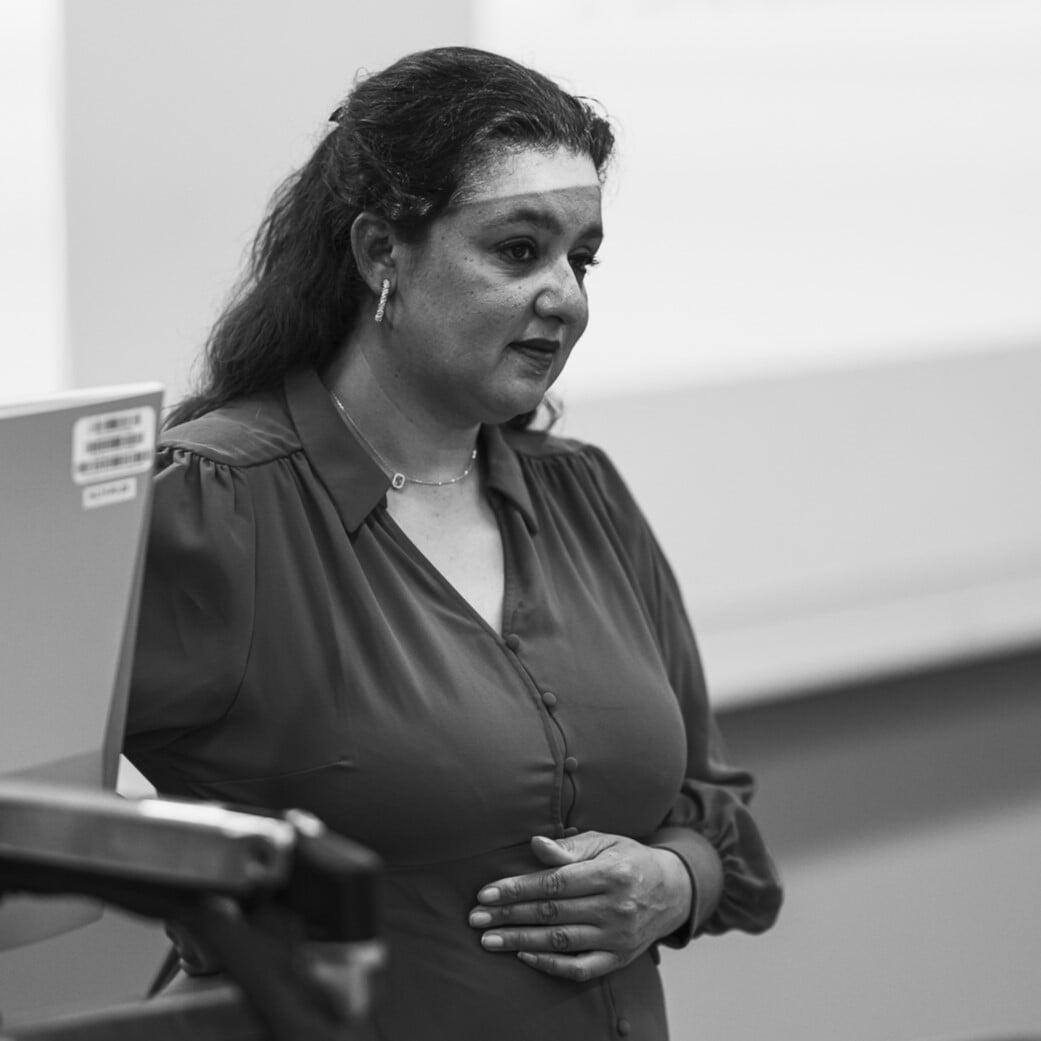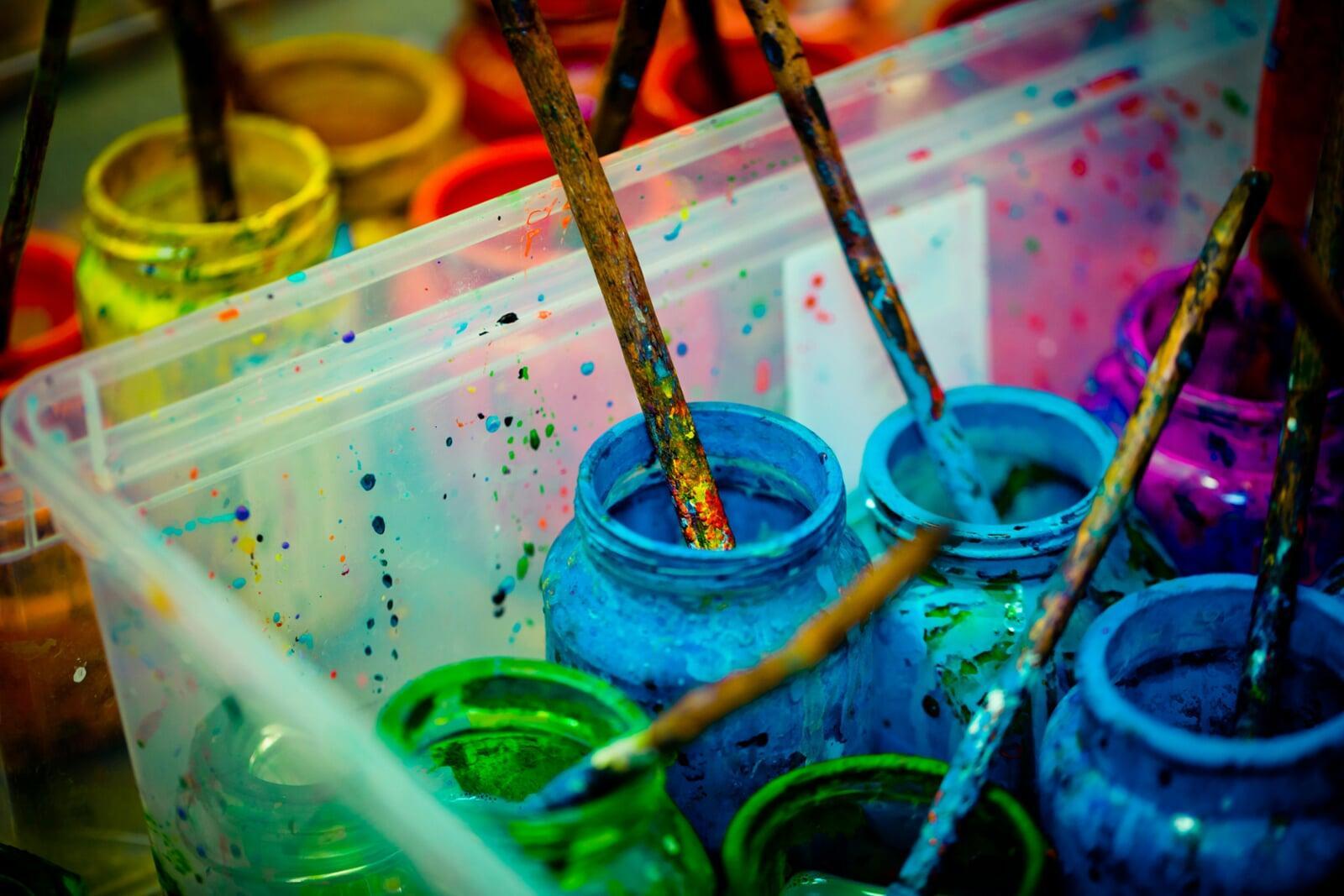Each month, Digital Schoolhouse welcomes you to The Playful Classroom,
where we'll explore the challenges and opportunities shaping computing education today.

Shahneila Saeed is Head of Education at Ukie and the Director of Digital Schoolhouse. She served as Head of Computing at an Inner London school for over 15 years before joining Ukie, where she spearheaded the creation of the Digital Schoolhouse Programme.
She is a prolific author, having penned books like "Hacking the Curriculum: Creative Computing & the Power of Play", "How to Raise a Tech Genius" and the forthcoming “Max Computing” series. She actively contributes to the field as a board member, trustee, and advisor for organisations including NCCE, Digit<all>, and Into Games.
In our previous posts, we explored the crucial role of play in education. But as teachers, we know our responsibility extends beyond the classroom. We must also prepare our students for their place in the real world. This raises a fundamental question: what will the world our students are moving into look like? How can we equip students for a future vastly different from today?
Many future careers, technologies, and innovations are still unknown, our task is to empower students with the skills they need to thrive in a digital tomorrow. But what exactly are those skills?

The World Economic Forum highlights the top 10 skills for 2025 as:
Looking at their top 10 skills on the rise 2023-2027, the focus shifts even further towards:
Clearly, computing education is vital, so making this engaging and fun (as we have always championed at Digital Schoolhouse) is essential. But alongside the technological skills that will be needed, one interesting skill to highlight alongside them here is the call for ‘creativity, originality and initiative’.
Traditionally, certain subjects have been labelled as ‘creative’ – be that art, music, drama, and others not so creative, like science and maths, however the future demands individuals who can seamlessly blend technological and creative skills.
This aligns with what we at Ukie hear from the creative industries: the future workforce needs STEAM skills (Science, Technology, Engineering, Artistic, and Mathematical), not just STEM.
So, what is creativity, and how do we integrate it into computing education? Boden (2004) defines creativity as "the ability to come up with ideas or artefacts that are new, surprising, and valuable."
Creativity is not confined to specific subjects, it is all about coming up with new and original ideas. After all, do we think Einstein coming up with the theory of relativity, or Newton imagining gravity are not essentially creative acts?
As the Durham Commission on Creativity and Education puts it "Teaching for creativity should be practised across the curriculum and accessed by all. It should not be confined to certain subjects; creativity in science is different to creativity in drama but is valuable in both."

Creativity, Playfulness, & Technology
Creativity, Playfulness, & Technology
Creativity sparks innovation by channelling imagination. Digital creativity merges this essential human element with today's powerful digital tools.
That's why Ukie and Digital Schoolhouse are calling for a new Digital Creativity GCSE. This qualification would sit alongside the existing Computer Science GCSE, equipping students for the ever-changing technological landscape.
Digital creativity is no longer just an asset—it's essential for navigating and succeeding in today's world and tomorrow's economy. With rapid technological advancements, we must equip young people with technical knowledge and the creative confidence to apply it innovatively. A Digital Creativity GCSE would ensure that students across the UK, regardless of background, have access to these vital opportunities.
This is about empowering every student in a world where digital and creative skills are called for across all sectors, from gaming and healthcare to finance and the arts.
We’re calling for a Digital Creativity GCSE to not just future-proof young people’s careers; but to future-proof the young people themselves.
You can learn more about our proposed qualification in our report: https://ukie.org.uk/resources/ukie-digital-creativity-report
And can show your support for it on social media with our asset pack.

